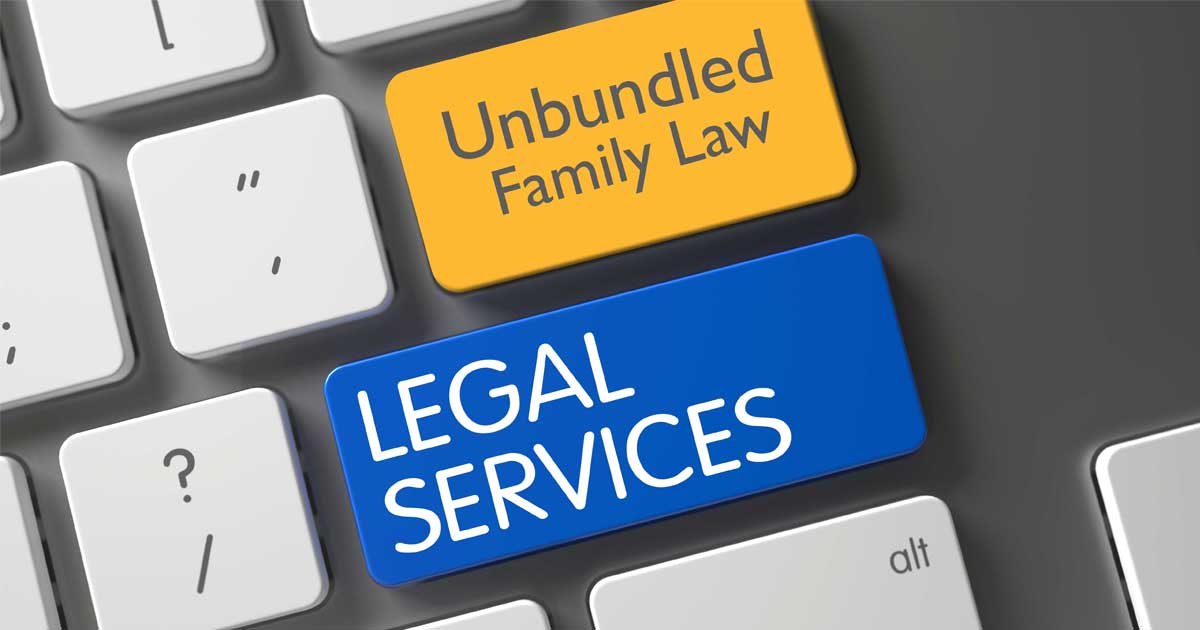By Gloria James, Head Lawyer | Noelle Teoh, Associate Lawyer
Many couples in Singapore turn to the internet when facing uncertainty about divorce. From questions about the cost of divorce to concerns about children and how to deal with their HDB flats, the queries are diverse but share a common thread: a desire for clarity.
In this blog, Ms Gloria James and her team at GJC Law respond to Singapore’s most commonly searched divorce-related questions, offering legal insight grounded in experience.
Can I get divorced in Singapore if I just got married?
Under Singapore law, you must have been married for at least 3 years before you are eligible to file for divorce.
However, there are exceptions. If you can prove that there has been exceptional hardship suffered or exceptional depravity on the part of your spouse, the Court may allow an early divorce. These applications are rare and must be supported by strong evidence.
If you do not meet the 3-year requirement, you may consider the following alternatives:
- Deed of Separation: An agreement signed between spouses that outlines how they will live apart during the separation period and addresses issues such as finances, parenting, and asset division until they are eligible to file for divorce.
- Judicial Separation: A court-ordered legal separation that does not dissolve the marriage but formally recognises that the parties are separated. Judicial Separation gives parties time and space to make decisions regarding their marriage while ensuring protection of rights through court orders, such as on custody, maintenance, use of property and asset division, similar to divorce.
- Annulment: Only available under specific grounds provided by law, such as non-consummation or an invalid marriage.
How much does a divorce cost in Singapore?
The costs will vary depending on whether the divorce is uncontested or contested.
One of the most common misconceptions about a simplified uncontested divorce is that it can proceed simply because both parties agree to divorce. However, there are other important ancillary matters to be dealt with.
A simplified uncontested divorce is only applicable when parties have agreed on both the divorce and the ancillary matters.
This includes:
- Children’s care arrangements (custody, care, and access)
- Division of matrimonial assets (property, savings, debts)
- Spousal and/or child maintenance
- Uncontested Divorce: Legal fees may start from around $1,500 to $3,000.
- Contested Divorce: Fees vary significantly based on the complexity of the disputes involved (e.g., division of assets, child-related issues), typically starting from $3,500 and increasing depending on how strongly the matter is contested.
Starting from 1 July 2024, if both parties agree to the divorce but not on the ancillary matters, they may still file for an uncontested divorce. However, this will not be treated as a simplified uncontested divorce.
In such cases, the parties will set out their agreement to proceed with the divorce, while requesting the court to decide on the unresolved ancillary matters. Although not all issues are agreed upon, the divorce process may still be more straightforward and less costly than a fully contested divorce.
What happens to the HDB flat?
If the flat was acquired during the marriage and is held in joint names, it is a matrimonial asset and is liable to be divided. Even if the flat was held in one party’s sole name (whether purchased before or after the marriage) but was used as the matrimonial home, it is still a matrimonial asset.
In determining the division of the HDB flat, it is likely considered a matrimonial asset. The Court will consider factors such as each party’s contributions, care arrangements for children, and future housing needs. Read more
Options include:
- Sale and division of proceeds
- Transfer of ownership to one party (with or without CPF refunds)
- Surrender of the flat to HDB in some cases
Having a clear clause in your divorce agreement about how the flat will be dealt with is essential.
If the Minimum Occupation Period (MOP) of five years (or ten years in some cases) has not been met, options become more limited:
- The flat cannot be sold on the open market, and in many cases, it will likely need to be returned to HDB at a price to be assessed by HDB.
- HDB will assess the case, and in certain situations, may allow an early sale of the property.
- If one party is eligible and wishes to retain the flat, HDB may consider a transfer of ownership, subject to eligibility conditions.
Couples in this situation should seek advice from HDB early on, as navigating MOP-related issues involves legal and HDB policy considerations. They may also have to check with CPF if such monies have been used to purchase property.
Who gets custody of the children?
In deciding on the child’s issues, the Singapore Courts focus on the best interests and welfare of the child..
- Custody refers to the right to make long-term decisions for the child (e.g. education, religion, significant medical decisions).
- Care and control refer to which parent the child primarily lives with.
- Access refers to the time the non-resident parent spends with the child.
The court may also order reports to be prepared so that the Court can better understand what is best for the child. Many clients often tell us, “I feel I am a better parent to look after my children,” and this sentiment will need to be addressed in Court.
Do I need a lawyer to file for divorce?
While it is possible to file for divorce independently, the process can be challenging, as you may be unaware of the requirements or how the law can be applied in your situation.
A lawyer provides:
- Strategic advice tailored to your situation
- Assistance with paperwork and deadlines
- Representation in court, if required
At GJC Law, we assist clients in both simple and complex cases, offering transparent pricing and flexible consultation blocks to suit different needs.
What if my spouse refuses to sign the divorce papers?
You can still file for divorce under the normal track even if your spouse does not consent.
The most commonly relied upon facts are:
- Unreasonable behaviour
- Separation for at least 4 years
Even without your spouse’s agreement or if he or she chooses not to respond to the proceedings, the court can still grant a divorce based on your evidence.
How long does the divorce process take?
- Simplified Uncontested Divorce: Typically, 4 to 6 months
- Contested Divorce: May take 1 year or more, depending on court schedules and complexity of the case.
- Filing of Originating Application for Divorce and Service of Proceedings
- Interim Judgment
- Resolution of Ancillary Matters
- Final Judgment
Can foreigners or expats get divorced in Singapore?
Yes, provided jurisdictional conditions are met. You can file for divorce in Singapore if:
- One spouse is a Singapore Citizen or Permanent Resident
- One spouse has been habitually resident in Singapore for at least 3 years before commencing divorce proceedings
GJC Law has a dedicated team for expat divorces, offering support on cross-border custody issues, foreign assets, and relocation planning.
Key Takeaways
- You need to understand your options to make informed decisions.
- Many common concerns – from HDB flats to child custody – have structured legal solutions.
- Seeking legal advice early can prevent long-term complications.
If you’re seeking clarity on your divorce situation, our experienced team at GJC Law is here to help. We offer flexible consultations tailored to your needs, whether you’re just exploring your options or ready to take the next step.













